As we age, eating enough protein becomes more crucial than ever because protein is necessary to preserve muscle and boost energy. Keep reading for ideas on what to eat to make sure you’re getting enough.
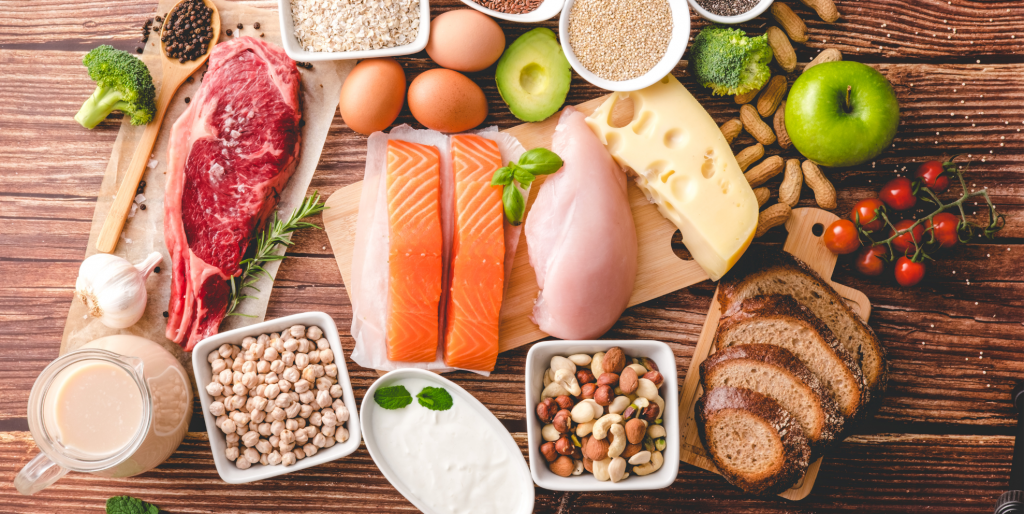
As we women enter the stages of perimenopause, menopause and post-menopausal, our nutritional needs change quite dramatically. One crucial aspect during this phase is getting your adequate protein intake.
Protein does SOOOO much. Protein supports overall health, muscle mass, and bone density. It is also essential for tissue repair, immune function, and the synthesis of hormones and enzymes.
And finally, something I have found to be the biggest bonus to eating protein is its ability to satiate. Pure protein (e.g., chicken, fish, beef) has no sugar and no carbohydrates, which means no spikes to your insulin and a calm full feeling that lasts for hours.
How much protein is enough protein?
I’m going to bet that you are not getting as much protein as you think you are. The general advice is what women over 50 should be getting 75 grams of protein each day. That equates to a dozen eggs or almost three whole chicken breasts, which is a lot. For this reason, you need to get creative on ways to hit your goal each day.
Here are 12 high-protein foods that you should be eating to get your daily maximum of protein.
SALMON
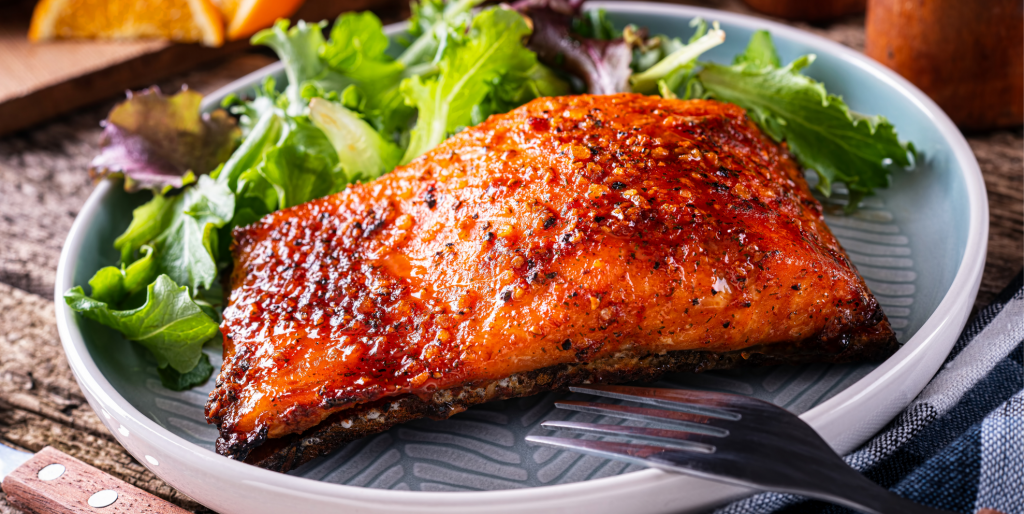
Salmon is a powerhouse of high-quality protein, omega-3 fatty acids, and vitamin D. These nutrients are vital for post-menopausal women, as omega-3s help reduce inflammation and support heart health, while vitamin D is crucial for calcium absorption and bone health. Additionally, the amino acids in salmon contribute to maintaining muscle mass, which tends to decline with age.
GREEK YOGURT
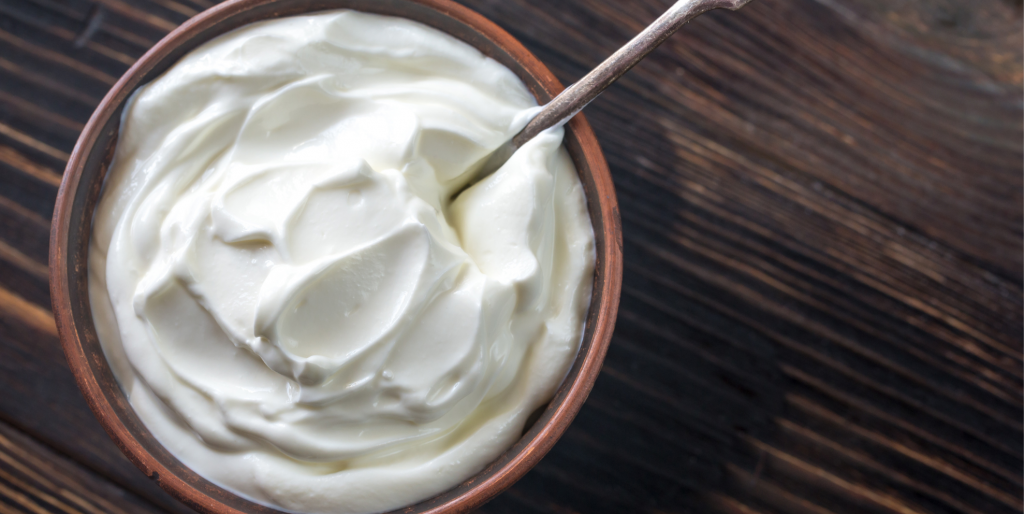
Greek yogurt is an excellent source of protein and probiotics. The probiotics promote gut health, aiding in digestion and nutrient absorption, which becomes increasingly important for post-menopausal women. The protein content helps in muscle maintenance and repair, addressing the age-related decline in muscle mass and strength.
CHICKEN BREAST
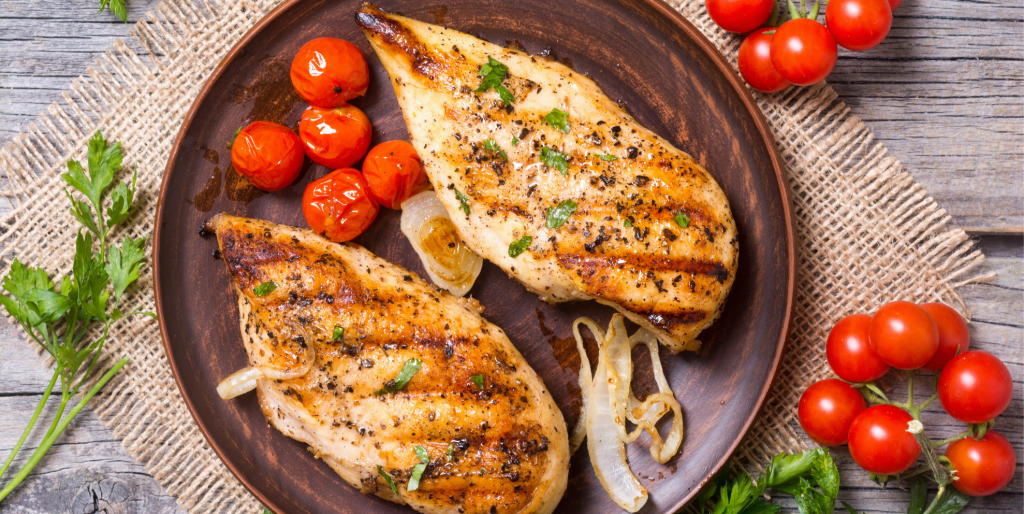
Lean proteins like chicken breast are rich in essential amino acids necessary for muscle protein synthesis. Post-menopausal women often face challenges such as osteoporosis, making it crucial to consume proteins like chicken breast that support bone health by providing a source of phosphorus and calcium.
QUINOA
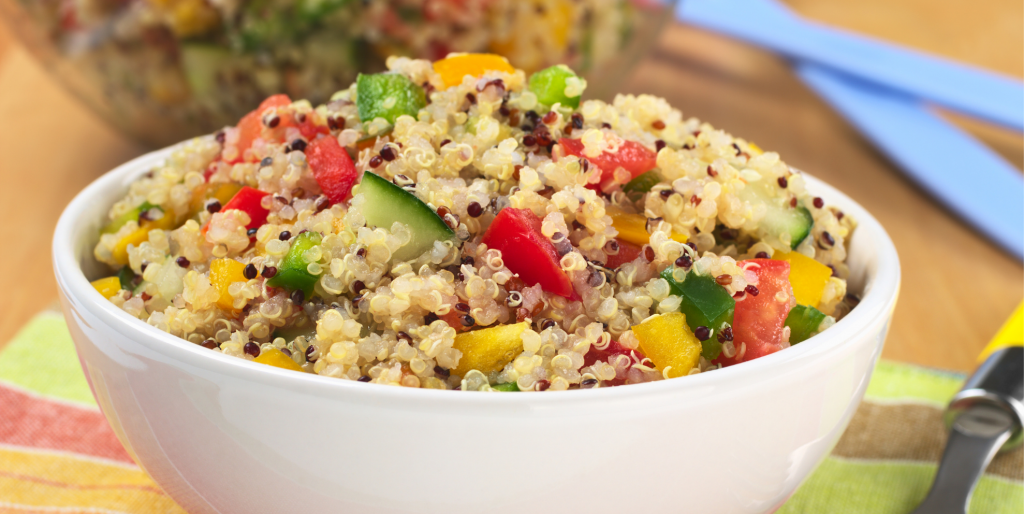
Quinoa is a plant-based complete protein, containing all nine essential amino acids. This makes it an excellent choice for post-menopausal women who may opt for more plant-based diets. Quinoa also provides fiber, aiding in digestive health and helping manage weight, a concern for many women in this stage of life.
EGGS
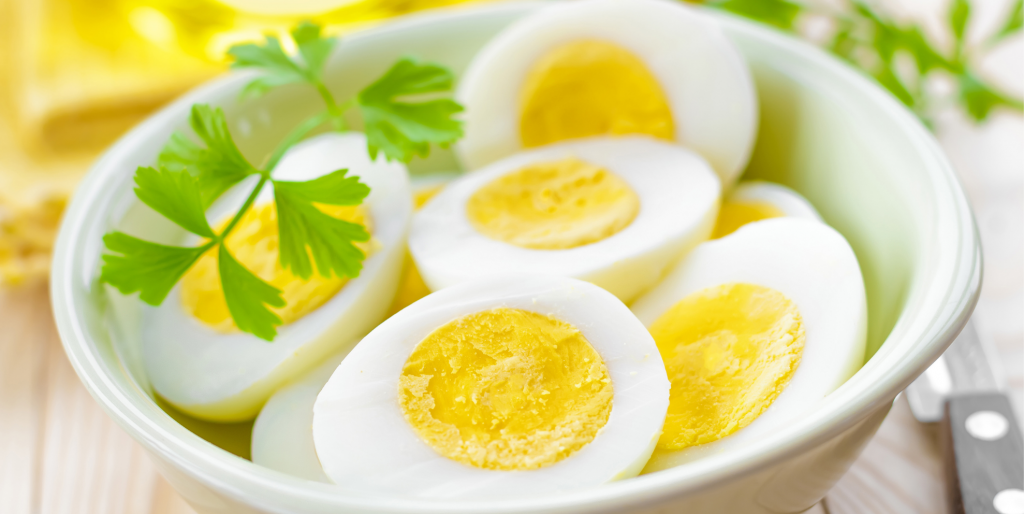
Eggs are a nutrient-dense source of protein, vitamins, and minerals. Choline, found in eggs, is essential for brain health and may play a role in preventing cognitive decline associated with aging. Additionally, the protein in eggs supports muscle maintenance and repair, helping counteract the muscle loss that often occurs with age.
COTTAGE CHEESE
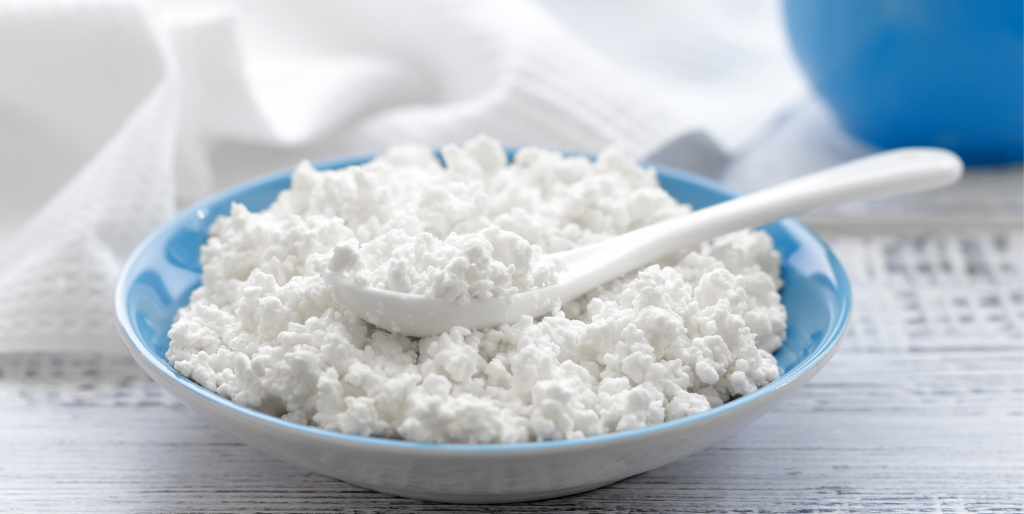
Cottage cheese is rich in casein protein, which is a slow-digesting protein that provides a steady release of amino acids. This can be particularly beneficial for post-menopausal women, as it helps maintain muscle mass and promotes a feeling of fullness, aiding in weight management.
BROCCOLI
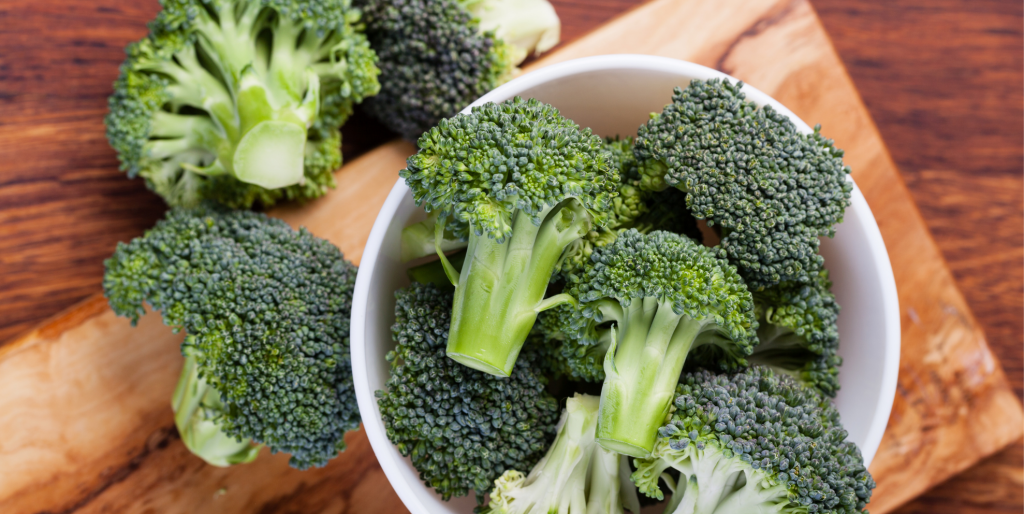
While not traditionally viewed as a high-protein food, broccoli contains a significant amount of protein per calorie. Moreover, it is packed with vitamins, minerals, and antioxidants, supporting overall health. Post-menopausal women can benefit from broccoli’s role in bone health due to its vitamin K and calcium content.
BEANS & LEGUMES
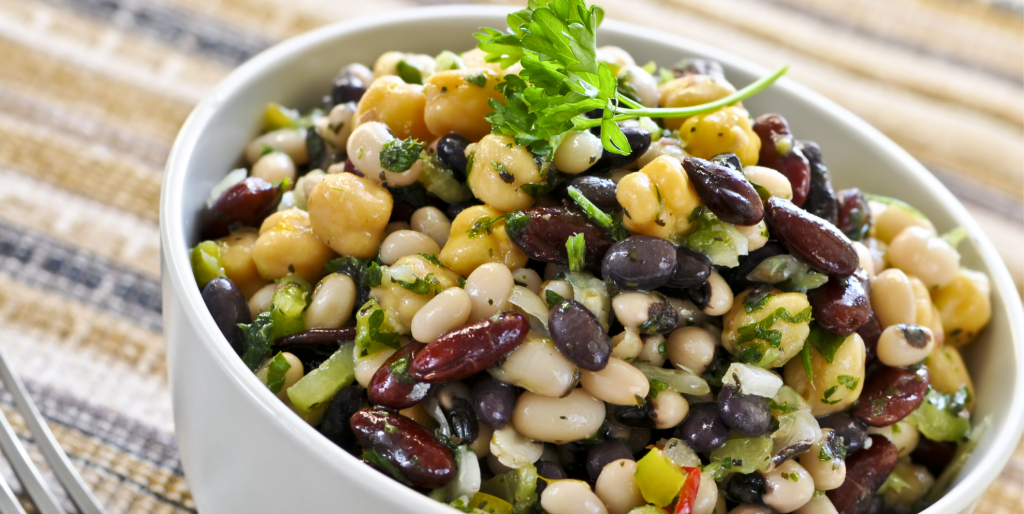
Beans and legumes, such as lentils and chickpeas, are excellent plant-based protein sources. They are also rich in fiber, supporting digestive health and helping manage blood sugar levels. The iron found in these foods is essential for energy production and combating the fatigue that may accompany menopause.
BEEF
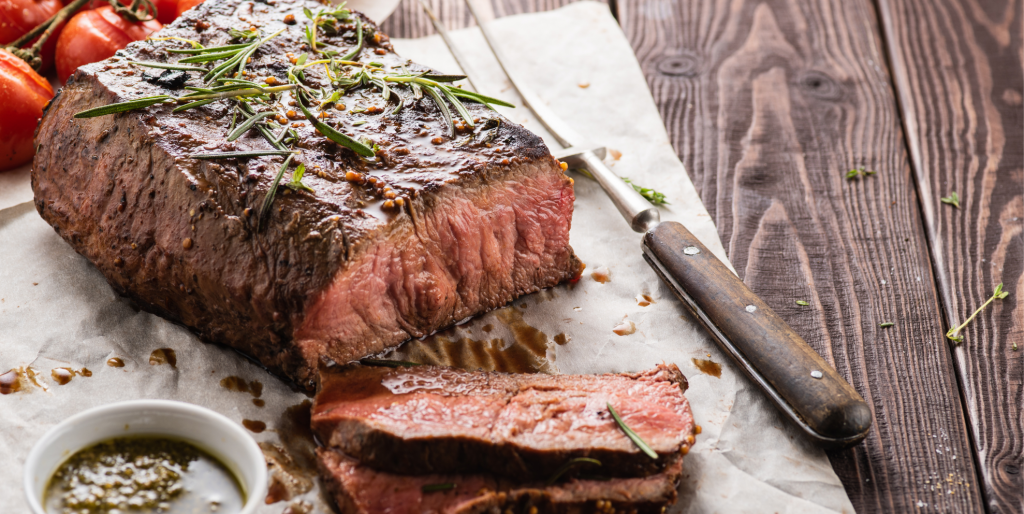
Beef is a great source of high-quality protein, iron, zinc, and vitamin B12. Iron is particularly important for post-menopausal women, as they are at a higher risk of iron deficiency. Adequate iron intake helps prevent fatigue and supports the transportation of oxygen throughout the body.
ALMONDS
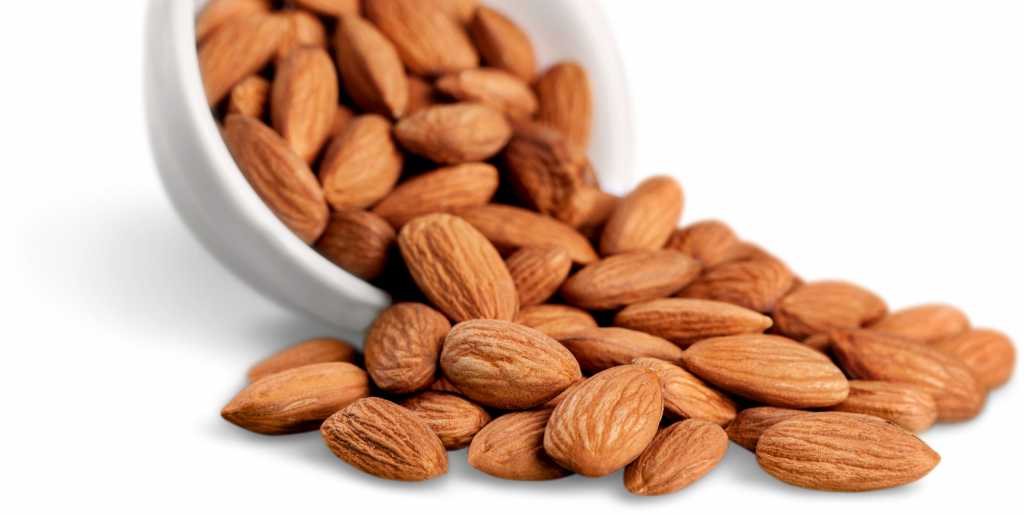
Almonds are not only a protein-rich snack but also provide healthy fats, fiber, and a variety of vitamins and minerals. The magnesium in almonds is crucial for bone health, and the vitamin E content offers antioxidant properties, supporting skin health during the aging process.
SHRIMP
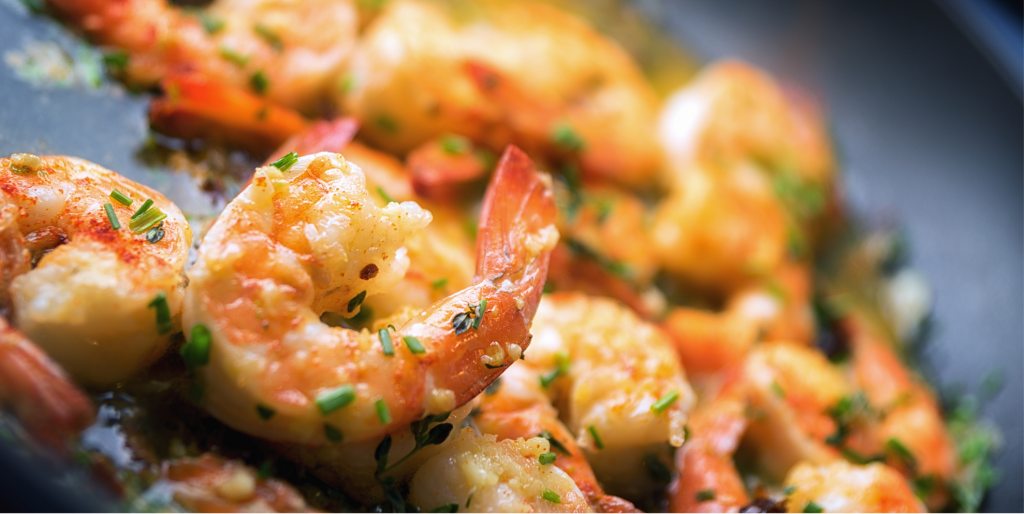
Shrimp is a flavorful and low-calorie seafood option that packs a substantial protein punch. Rich in astaxanthin, a powerful antioxidant, shrimp supports skin health and provides protection against oxidative stress, which becomes increasingly relevant for post-menopausal women. The high protein content aids in muscle maintenance, and the omega-3 fatty acids contribute to heart health by reducing inflammation and supporting optimal cholesterol levels. Additionally, shrimp is an excellent source of iodine, selenium, and vitamin B12, nutrients crucial for thyroid function, immune support, and energy metabolism. As post-menopausal women may face challenges related to heart health and metabolism, incorporating shrimp into their diet can be a delicious and nutritious way to address these concerns while enjoying a variety of essential nutrients.
TURKEY
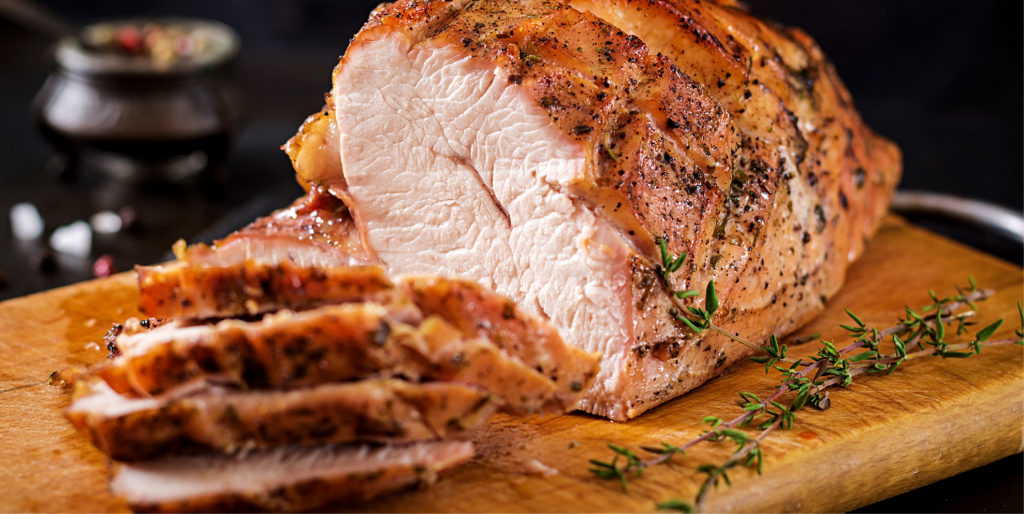
Turkey is a lean source of protein and contains nutrients such as selenium, which supports thyroid function and immune health. The tryptophan in turkey can also aid in the production of serotonin, promoting mood stability—a factor particularly relevant during the hormonal changes of menopause.


